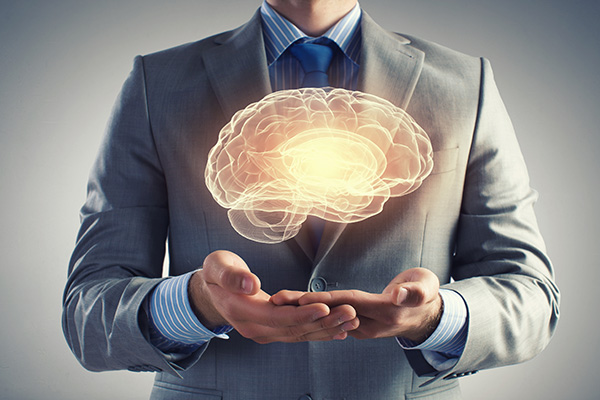What Happens to the Brain During TMS Treatment

The TMS treatment process provides an alternative for people who have not experienced positive results after taking antidepressants. It also serves as an alternative for patients who prefer a medication-free approach to treating depression.
Talk therapy and psychotropic drugs are the standard treatments for depression, and they are effective in most cases of depression. However, some people do not respond to medication, which often leads to psychiatrists recommending alternative treatments like transcranial magnetic stimulation.
The TMS treatment process involves sending magnetic waves into the patient's brain to improve their brain chemistry. Read on to see what happens to the brain when exposed to these magnetic pulses.
How the TMS treatment process affects the brain
TMS therapy is a non-invasive procedure the Food and Drug Administration (FDA) approves to treat depression. A magnetic coil is positioned on the patient's head to stimulate the brain during the procedure. The coil is repetitively switched on and off, sending magnetic waves into the patient's brain.
The procedure typically targets the prefrontal cortex when used to treat depression. The prefrontal cortex manages emotions and mood. TMS therapy has been proven to effectively reduce the symptoms of depression even after medication has failed.
The magnetic pulses used for the treatment are converted into electrical currents inside the brain. These currents stimulate neurons in the brain that were deactivated. These areas become activated, releasing more neurotransmitters. These neurotransmitters are chemicals made in the brain that allow neurons to create new pathways between different brain regions and allow them to communicate with each other.
When transcranial magnetic stimulation is used to treat depression, neurons in the left side of the prefrontal cortex are activated to stimulate the mood pathway in the brain, helping to regulate mood and emotions. This typically reduces the symptoms of depression. TMS therapy also makes neurons more susceptible to reorganization. It makes it easier for the brain to create new pathways.
The process
TMS therapy usually starts with a psychiatrist creating a map of the patient's brain with magnetic resonance imaging (MRI). This allows the psychiatrist to identify ideal areas of the brain to target during the treatment.
During the first TMS session, a magnetic coil is placed on the patient's head while seated. Earplugs are provided to protect against the loud clicking sounds made by the coil. The patient's motor threshold is established during the first appointment by increasing the magnetic pulses' intensity until they force the patient's fingers or hands to twitch.
TMS treatment involves getting up to five treatments per week for up to six weeks. Each session lasts about 20 to 45 minutes, with the first appointment being the longest since the patient's motor threshold needs to be determined before starting the treatment. TMS treatments can provide relief from the symptoms of depression for years, and patients start noticing improvements in as few as two weeks after starting treatments.
An alternative way to treat depression
Give us a call or drop by our New York clinic to learn more about TMS therapy and to set up an appointment with our psychiatrist.
Request an appointment here: https://www.hopetmsofny.com or call Hope TMS and Neuropsychiatric Center at (646) 578-8152 for an appointment in our New York office.
Check out what others are saying about our services on Yelp: TMS Treatment Process in New York, NY.
Recent Posts
Insomnia disrupts sleep patterns and negatively affects overall health, leading to fatigue, difficulty concentrating, and emotional distress. This condition can result from chronic stress, anxiety, depression, or medical issues that interfere with the body's natural sleep cycle. A psychiatrist can help diagnose and address insomnia, providing tailored treatments focusing on mental and physical well-being.Insomnia is…
Relationship obsessive-compulsive disorder (ROCD) is a distinct subtype of OCD that can cause persistent doubts and distressing thoughts about romantic relationships. OCD treatment can help individuals manage their intrusive thoughts and compulsive behaviors associated with ROCD. Understanding and having access to the available treatment options can help individuals regain control over their thoughts and the…
Smoking cessation is one of the best things a person can do for their health. Still, despite the ill health effects of smoking and the clear benefits of quitting, many people find it nearly impossible to quit on their own. If you are finding it hard to quit, gain insight into why you may be…
Transcranial magnetic stimulation (TMS) is a cutting-edge treatment that offers hope for people dealing with depression and anxiety, especially those who have not found relief with medication or therapy. TMS is a non-invasive procedure that uses magnetic fields to stimulate specific areas of the brain involved in mood regulation. This innovative approach is helping many…


